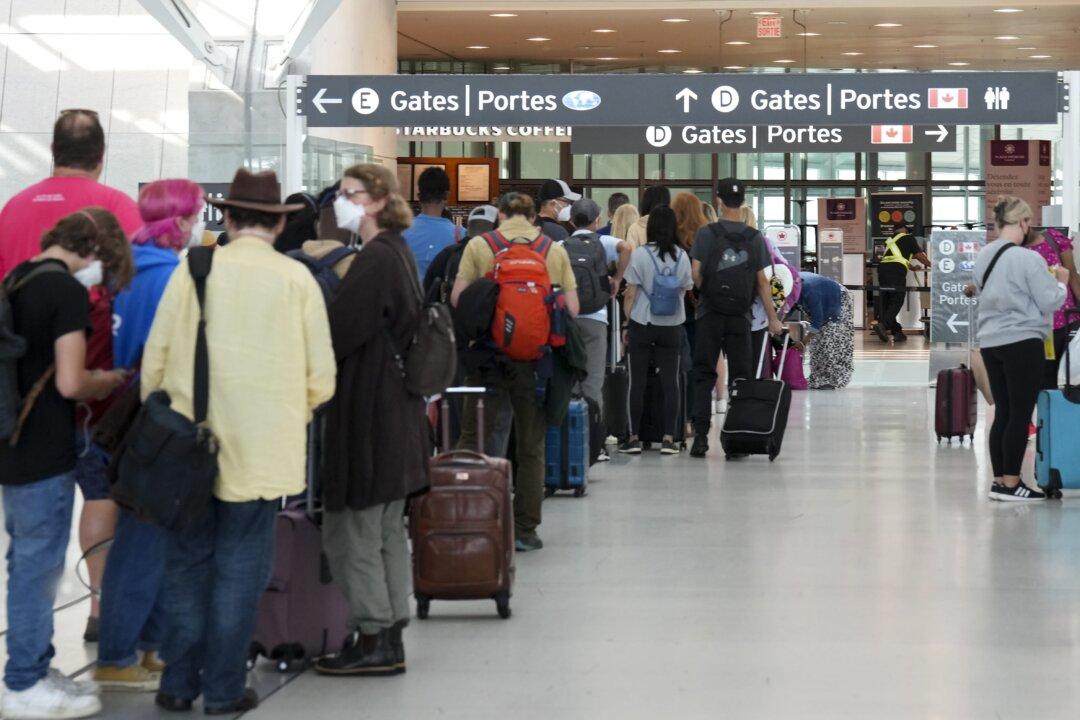Ottawa’s proposal to increase air travel security fees by 33 percent will cost passengers more than a quarter billion dollars next year, according to estimates from a report by the Parliamentary Budget Office (PBO).
Budget 2023 released by the federal government in March proposed to increase the Air Travellers Security Charge (ATSC) by 32.85 percent, effective May 1.





